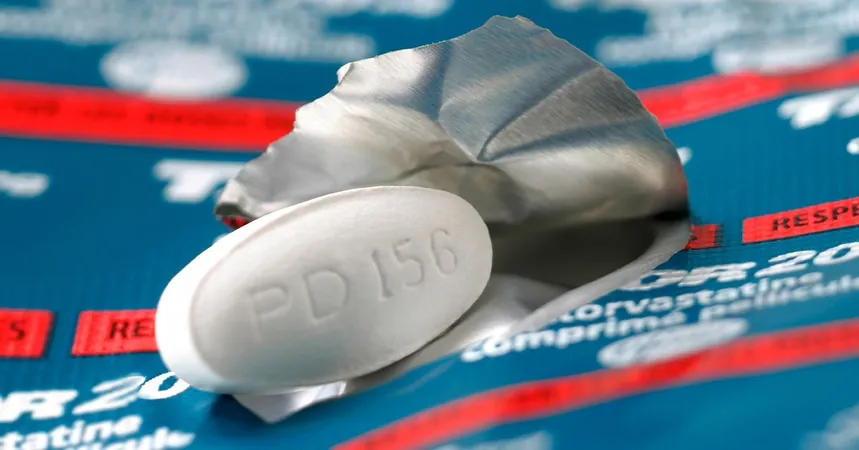
Alarming Delays in Dementia Diagnosis Highlighted by Experts in Japan
2024-09-29
Concerns About Delays in Diagnosis
A leading medical expert has raised serious concerns about the lengthy process of diagnosing dementia in Japan, which typically averages around 16 months after loved ones first notice cognitive changes. Katsuya Urakami, the director of the Japan Society for Dementia Prevention, emphasized that the delay in recognition from specialists is detrimental to patient outcomes.
Symptoms and Timelines
Urakami pointed out that symptoms of dementia can manifest as early as three to five years prior to an official diagnosis. This extended timeline presents challenges, as timely intervention can help individuals recover from mild cognitive impairment when supported by appropriate measures.
Survey Findings
Recent findings from a survey conducted by Taiyo Life Insurance Co. revealed that the average time until diagnosis is 16.2 months, with a staggering average of 11.6 months spent merely waiting to see a doctor. Primary symptoms noted by family members included forgetfulness, difficulty managing finances or medication, and poor recollection of past events.
Raising Awareness
These unsettling revelations were made public on September 19, just days ahead of World Alzheimer's Day on September 21, heightening awareness of this critical health issue.
Factors Contributing to Delays
Urakami noted that the delays may stem from factors such as a lack of knowledge on which medical facilities to approach, and the reluctance of potential patients to pursue a diagnosis of dementia due to fears or stigma associated with the condition.
Survey Demographics
The survey engaged 1,000 participants aged 30 to 70, all of whom have been living with a family member diagnosed with dementia within the last five years. This demographic insight underscores the urgent need for better education and resources to facilitate earlier diagnoses.
New Treatments and Research
In light of this pressing situation, Japan is also on the verge of approving new treatments for dementia, such as Lilly's donanemab, demonstrating the country’s commitment to tackling this growing public health crisis. Furthermore, innovative studies are exploring the use of blood tests to detect early-stage Alzheimer’s disease in Japanese patients.
Hope for the Future
As awareness grows, the hope is that both public and medical perspectives will shift, leading to earlier diagnosis and more effective treatment options for those affected by dementia.



 Brasil (PT)
Brasil (PT)
 Canada (EN)
Canada (EN)
 Chile (ES)
Chile (ES)
 España (ES)
España (ES)
 France (FR)
France (FR)
 Hong Kong (EN)
Hong Kong (EN)
 Italia (IT)
Italia (IT)
 日本 (JA)
日本 (JA)
 Magyarország (HU)
Magyarország (HU)
 Norge (NO)
Norge (NO)
 Polska (PL)
Polska (PL)
 Schweiz (DE)
Schweiz (DE)
 Singapore (EN)
Singapore (EN)
 Sverige (SV)
Sverige (SV)
 Suomi (FI)
Suomi (FI)
 Türkiye (TR)
Türkiye (TR)